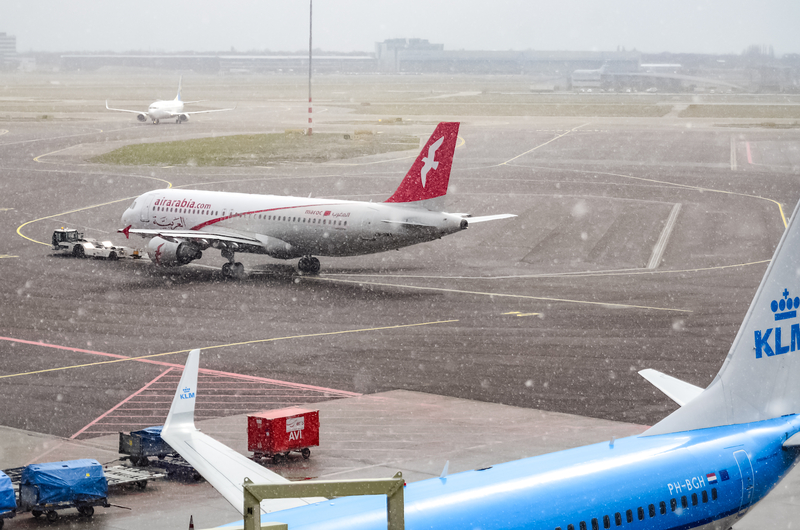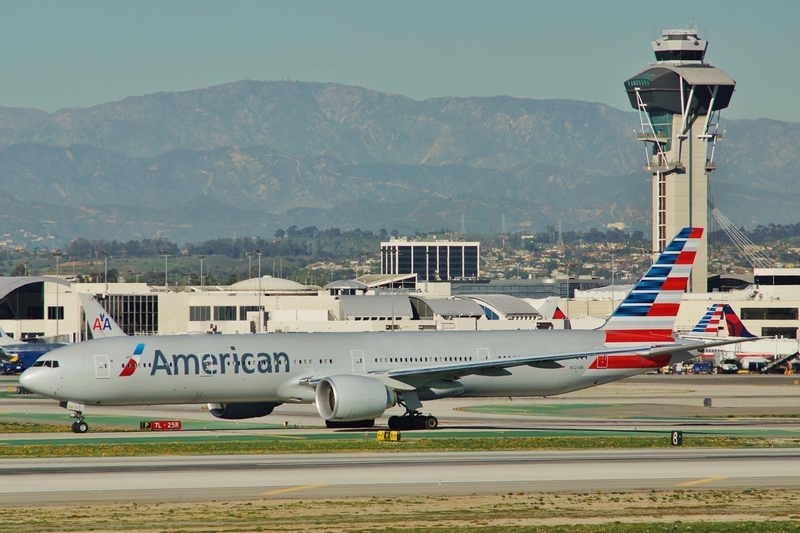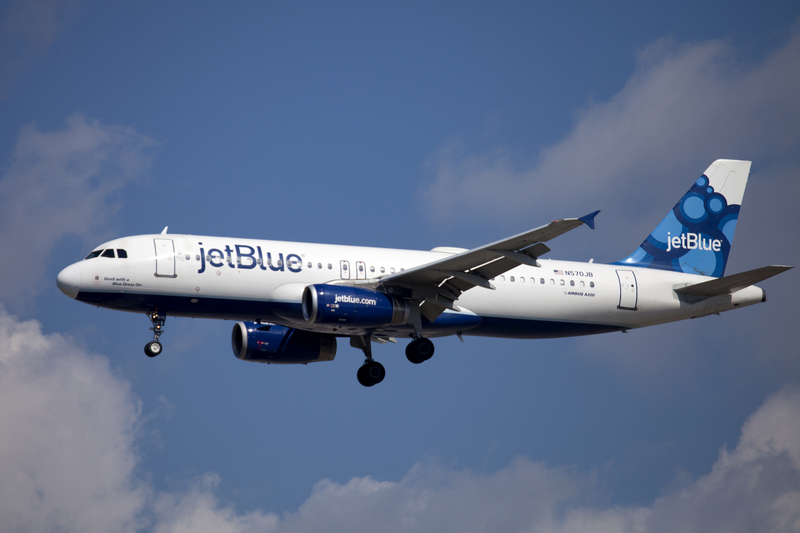Boeing Avoids Trial as Texas Judge Dismisses MAX Felony Case
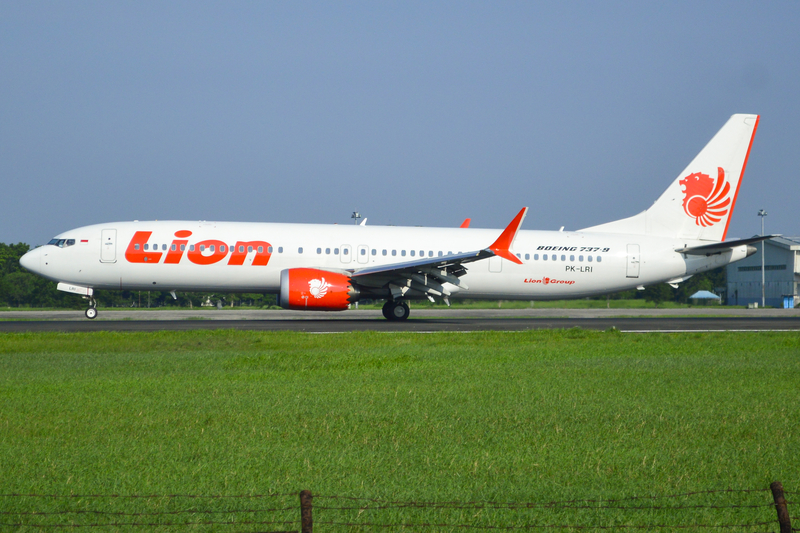
ID 327263167 © Harazaki Ananta Hondro | Dreamstime.com
A federal judge in Texas, Judge Reed O’Connor, has dismissed the felony criminal case against Boeing tied to the two fatal 737 MAX 8 crashes (Lion Air JT610 and Ethiopian Airlines ET302). The dismissal followed a Department of Justice (DOJ) request to terminate the prosecution. As part of the resolution, Boeing agreed to a package of payments and investments totaling up to $1.1 billion earmarked for victim compensation and related penalties.
Why the case was brought
Following the 2018 and 2019 accidents, the DOJ alleged conspiracy to defraud the United States, asserting Boeing misled federal regulators about aspects of the Maneuvering Characteristics Augmentation System (MCAS). The case evolved through a deferred prosecution agreement (DPA) and later a guilty plea, with the DOJ ultimately seeking dismissal while pointing to what it called “meaningful progress” in Boeing’s compliance and ethics programs.
The judge’s stance—and victims’ objections
Judge O’Connor acknowledged the victims’ families’ objections, including concerns that dismissal lacked independent monitoring of Boeing. He also noted the limits of his authority to deny the DOJ’s motion despite reservations. Families had argued the agreement did not deliver sufficient accountability or lasting safety assurance.
Boeing’s compliance obligations
Under the DOJ’s current posture, Boeing will retain a compliance consultant of its choosing rather than operate under a court-appointed monitor. The government states Boeing remains responsible for anti-fraud compliance, with expectations that internal systems will prevent and detect future violations.
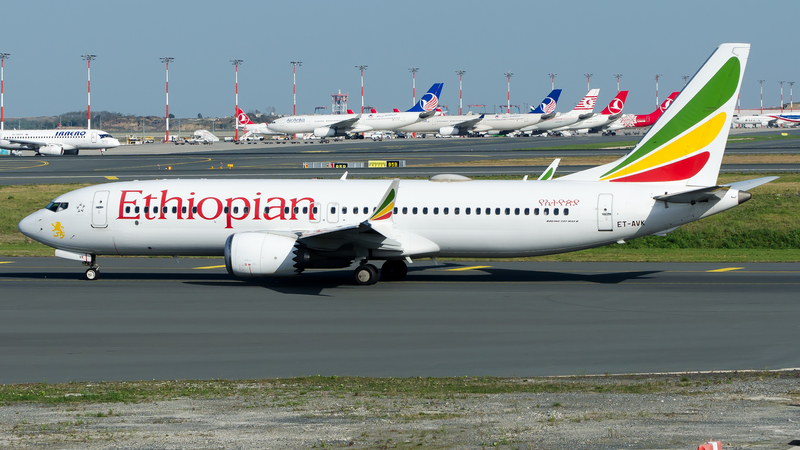
ID 299025323 © Alpiee | Dreamstime.com
The two flights at the center of the case
-
Lion Air JT610 – PK-LQP, B737 MAX 8
Date: October 29, 2018
Route: CGK (Jakarta Soekarno–Hatta) → PGK (Pangkalpinang Depati Amir)
Outcome: Crash into the Java Sea ~13 minutes after takeoff; 189 fatalities (181 pax / 8 crew). -
Ethiopian Airlines ET302 – ET-AVJ, B737 MAX 8
Date: March 10, 2019
Route: ADD (Addis Ababa Bole) → NBO (Nairobi Jomo Kenyatta)
Outcome: Crash near Bishoftu ~6 minutes after takeoff; 157 fatalities (149 pax / 8 crew).
Total fatalities: 346.
What grounded the MAX—and what happened after
After the second crash, regulators worldwide grounded the 737 MAX. The type returned to service in the U.S. in late 2020, with Europe and Canada recertifying in 2021. Boeing has faced tens of billions in direct and indirect costs across fines, compensation, legal fees, and operational disruptions, while continuing longer-term safety culture and engineering reforms.
Timeline at a glance
-
Oct 2018: Lion Air JT610 crash.
-
Mar 2019: Ethiopian ET302 crash; global grounding of the 737 MAX follows.
-
2021: DOJ files conspiracy charge; deferred prosecution initiated.
-
May 2024: DOJ finds Boeing breached the DPA’s compliance obligations.
-
2025: DOJ moves to dismiss the case; court grants dismissal over family objections.
What this means now
-
Criminal case closed: The felony prosecution ends with the dismissal, but civil litigation and regulatory oversight continue.
-
Compliance scrutiny: Boeing remains under the microscope to demonstrate durable cultural and process changes—especially around engineering governance, certification transparency, and safety management.
-
Operational reality: The 737 MAX remains in service globally, but reputation risk and regulatory attention will persist.
Bottom Line
The court’s dismissal ends the felony criminal case against Boeing stemming from the two 737 MAX 8 tragedies, aligning with the DOJ’s request and a financial package aimed at victim compensation. Families’ concerns about accountability and independent monitoring remain unresolved in their view. For Boeing, the legal chapter narrows, but sustained cultural, engineering, and compliance improvements will ultimately determine whether trust—among regulators, airlines, crews, and passengers—can be fully rebuilt.



